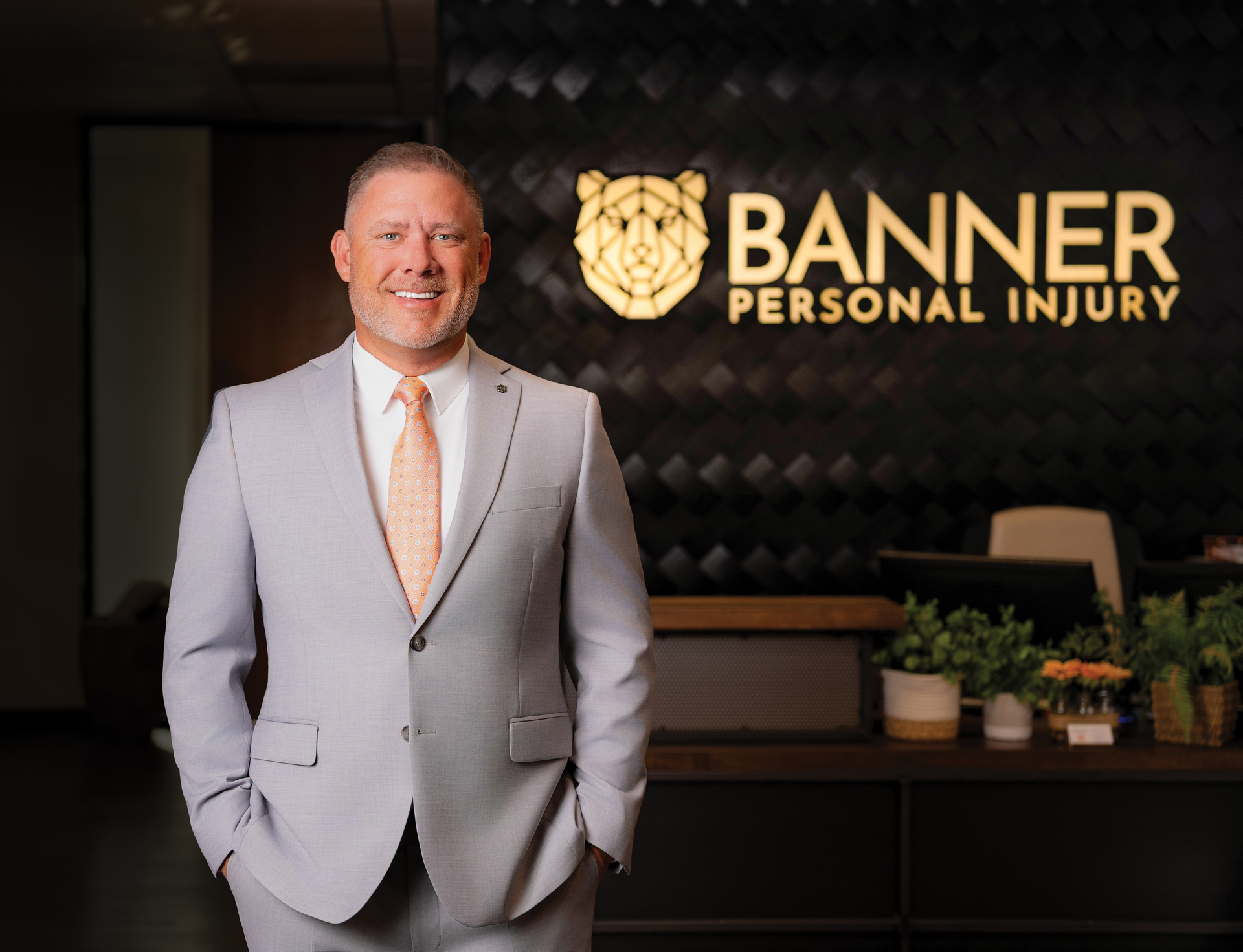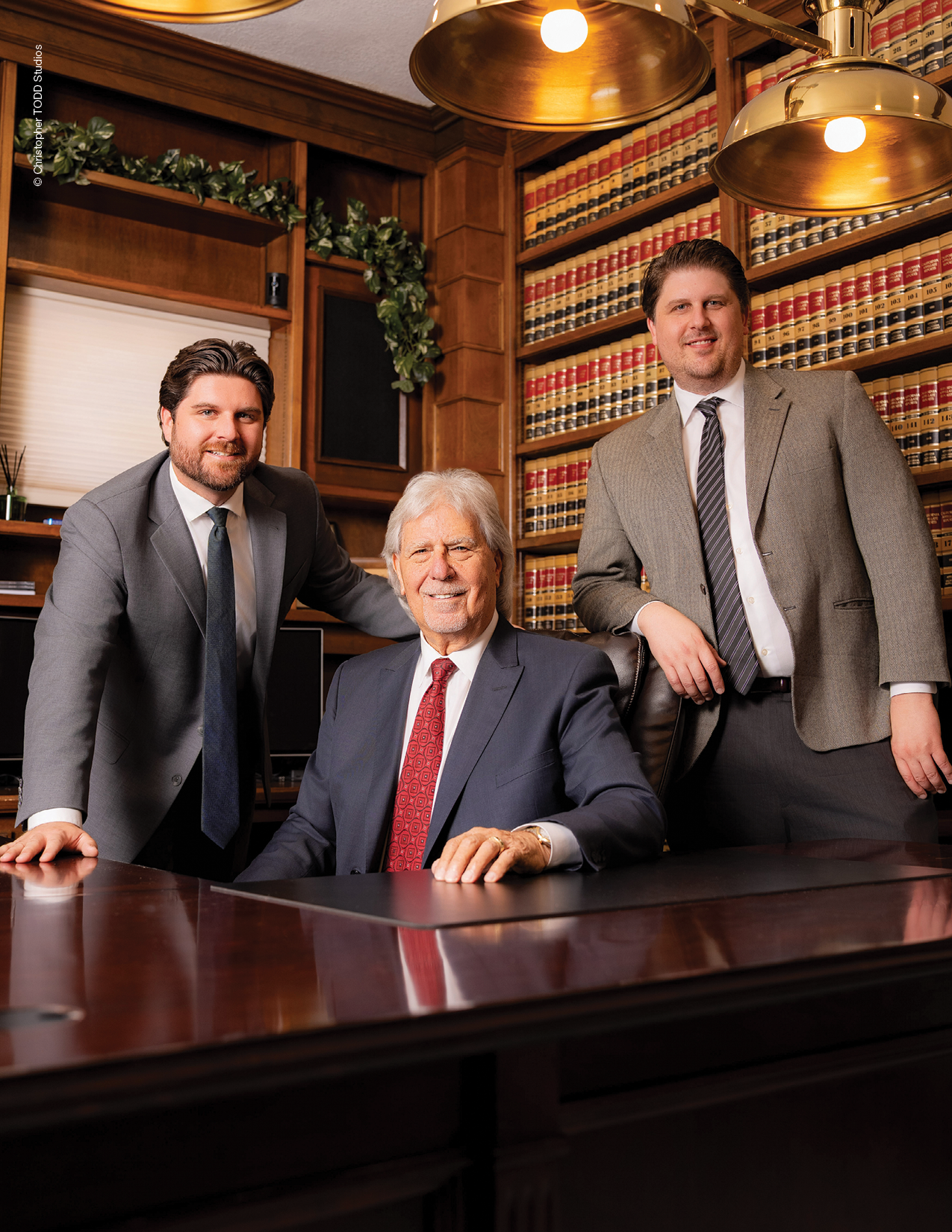Max Goodman is a member of our Business Litigation Service Group and handles complex breach of contract, unjust enrichment, fraud, and tortious interference claims. He defends various restaurant and hospitality groups in claims concerning the Dram Shop Act, negligence, and intentional torts. For our media clients, Max defends defamation and false light claims defending free speech. Learn more at www.amundsendavislaw.com.
Why Family Law Attorneys Should Consult with a Defamation Attorney
Contentious divorces often involve years-long battles over child custody, asset division, and spousal support. False claims of infidelity, domestic violence, child abuse, or financial misconduct are unfortunately common in high-conflict family law cases.
One party may attempt to control the narrative by defaming their former spouse on social media. They may create fake profiles, connect with their ex’s contacts, and post lies designed to inflict maximum reputational harm.
For these situations, family law attorneys should consult defamation counsel to evaluate any potential claims, remove unwanted online content, unmask anonymous online actors, and mount an aggressive defense.
Benefits of Working with a Defamation Attorney on Family Law Matters
- Determining the necessity of a defamation lawsuit Are the false statements made by an ex-spouse or in-laws actionable? Could a properly worded demand letter stop the defamation and harassment and return your client’s leverage?
Defamation counsel can roadmap a potential lawsuit—separate from the family matter—including the likelihood of success and claim valuation. Family law clients must consider that a new defamation lawsuit may increase hostilities between the parties—is it worth it? Would a defamation lawsuit serve the client’s overarching family law matter or make matters more acrimonious?
- Preventing client liability Amidst emotional turmoil, family law clients may be tempted to retaliate by making their own accusations online. Defamation counsel can educate clients on defamation laws and help them avoid liability while still defending themselves.
- Enforcing non-disparagement agreements Non-disparagement agreements may be essential components of a resolution plan for family law matters. Defamation counsel can provide proper language for those agreements to ensure they are enforceable, clear, and can be used to navigate alleged breaches of those agreements.
- Crafting effective demand letters Attorneys without defamation legal experience can draft a demand letter involving complained-of speech—but it’s unlikely to be an effective one. A mediocre demand letter does nothing more than inform your adversary that you hired counsel—a waste. A defamation attorney can help you to create a proper demand letter that explains why the offending speech is defamatory (i.e., specifically, why is it unlawful rather than merely disparaging).
Is a defense or privilege implicated by their offending speech? Address it in the demand letter explaining why it is inapplicable. Pre-emptively defanging their defense will leave them with nothing other than the fear of an adverse verdict. Your defamation attorney will follow up the letter with a call to discuss what you truly want and to explore paths there.
How Family Law Attorneys Can Work with a Defamation Lawyer
- Consult early Address defamation concerns at the outset of a case to prevent long-term damage. Defamation claims must usually be brought within one-to-three years from publication (depending on the state).
- Monitor online activity Monitor social media and public statements that could harm a client’s reputation.
- Take immediate legal action Issue demand letters, request content removals, and file lawsuits when necessary.
- Include reputation protection in settlements Non-disparagement agreements requiring prompt arbitration for breaches with attorney fees flowing to the prevailing party. These should be non-negotiable terms.
Defamation attorneys should not charge for those consultations or case work-ups (we don’t).
False accusations and online defamation can derail a family law case, affecting everything from custody arrangements to personal and professional reputations. By consulting with a defamation attorney, family law attorneys can provide a more comprehensive legal strategy for their clients.










